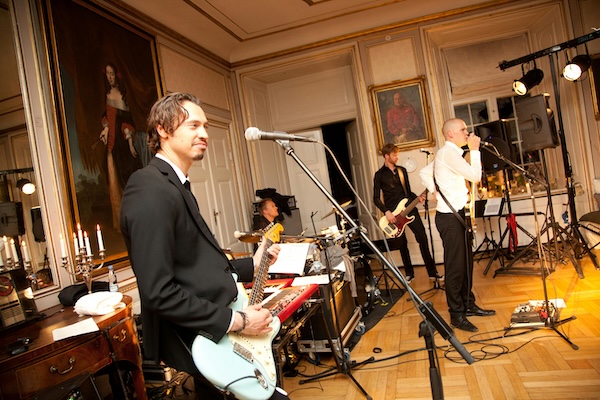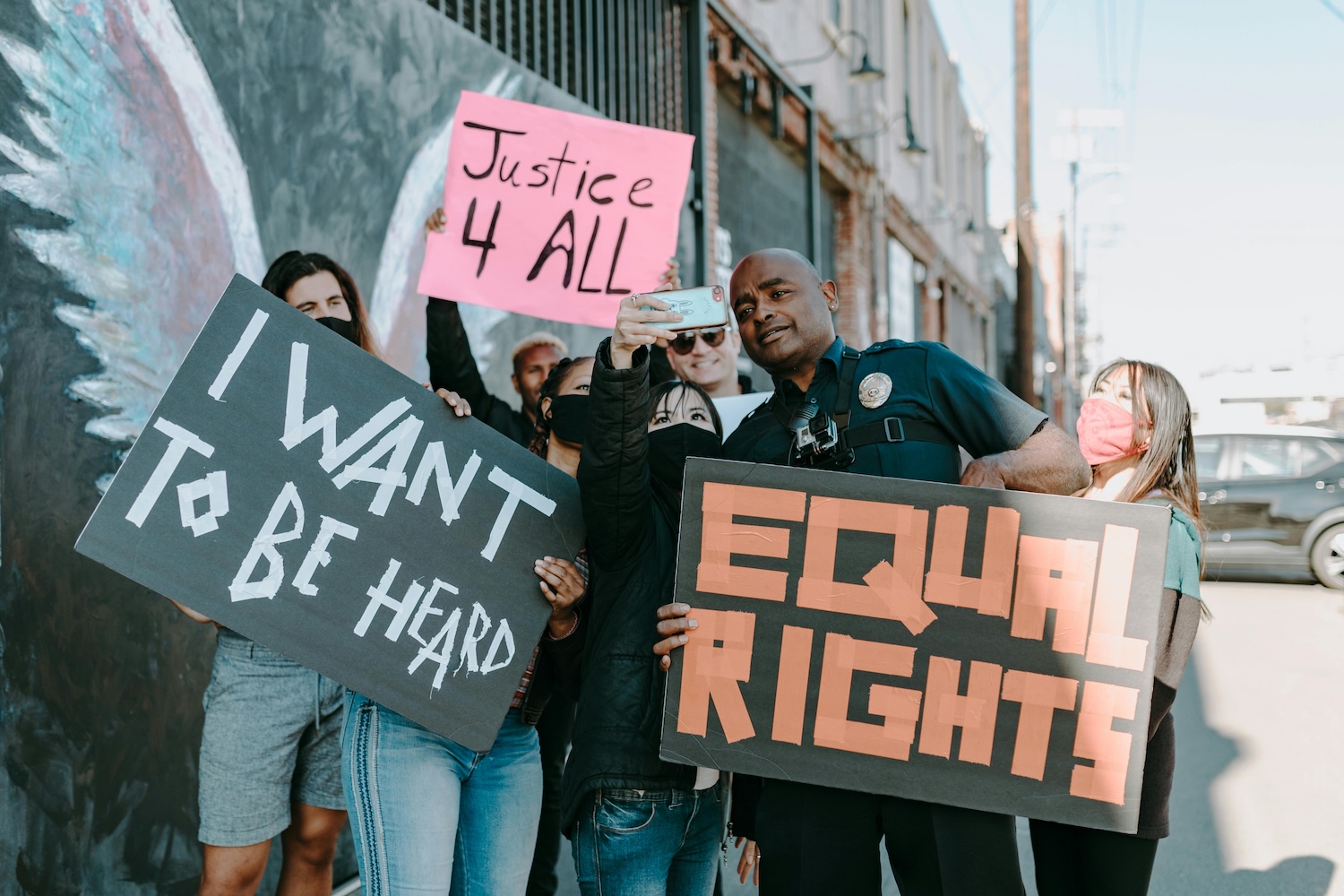When the Band Crashes: Handling Conflict Without Breaking Up
Common pitfalls in band dynamics – and how to navigate them
Being in a band is a bit like being in a relationship – only with more people and often more emotions involved. When you're making music together, you're investing not just time and energy, but also your creativity, ego, and identity. So it's no surprise that conflicts in bands are common.
But that doesn't mean the band has to fall apart.
In this post, we explore some of the most common challenges in band dynamics – and how to handle them constructively.
1. Different ambitions
One band member wants to go on tour and make music full-time, while another is content just jamming in the rehearsal room. Differing goals and ambitions are a classic source of tension.
Solution:
Start with an open conversation about each member’s dreams and expectations. You don’t have to want the exact same thing, but you do need to have a shared understanding. Consider creating an internal band agreement that outlines your goals, vision, and boundaries.
2. Time commitments and reliability
If some members are constantly late, cancel rehearsals, or don’t show up, frustration quickly builds and commitment falters.
Solution:
Set up regular rehearsal times and use a shared calendar. Make it a norm to communicate in advance if plans change. Respecting each other’s time is key to mutual trust.
3. Creative disagreements
Disputes over musical direction, arrangements, or songwriting can quickly become personal and lead to creative blockages.
Solution:
Foster a culture where every idea gets heard. You can vote on key decisions or take turns leading specific songs or projects. It’s all about striking a balance between shared direction and individual freedom.
4. Lack of clarity around roles
Sometimes people feel like they’re doing all the work, while others feel invisible or underappreciated. This imbalance can lead to long-term resentment.
Solution:
Have honest conversations about who does what – both musically and practically. Make sure tasks like booking gigs, social media, and finances are shared fairly. Recognize everyone’s contributions, on stage and behind the scenes.
5. Poor conflict management
Unspoken frustrations don’t go away – they grow. Ignoring tension only delays the inevitable.
Solution:
Schedule regular check-ins, not just about the music, but about the collaboration itself. Talk openly in a safe space. If necessary, consider a neutral third party – a band coach or mediator – to help resolve deeper conflicts.
Conclusion: A band is a shared space
Conflict doesn’t mean something’s broken – it usually means people care. The key is not avoiding disagreements, but learning how to manage them in a way that strengthens the group instead of tearing it apart.
At Beatnickel, we’re not just about helping musicians connect – we’re building tools to help bands grow, communicate, and stay together. Because the best music comes from lasting partnerships.
Call to action:
Have you experienced conflict in a band? Or do you have a story about how you worked through it?
We’d love to hear it. Reach out and share your experience with us.

































































































